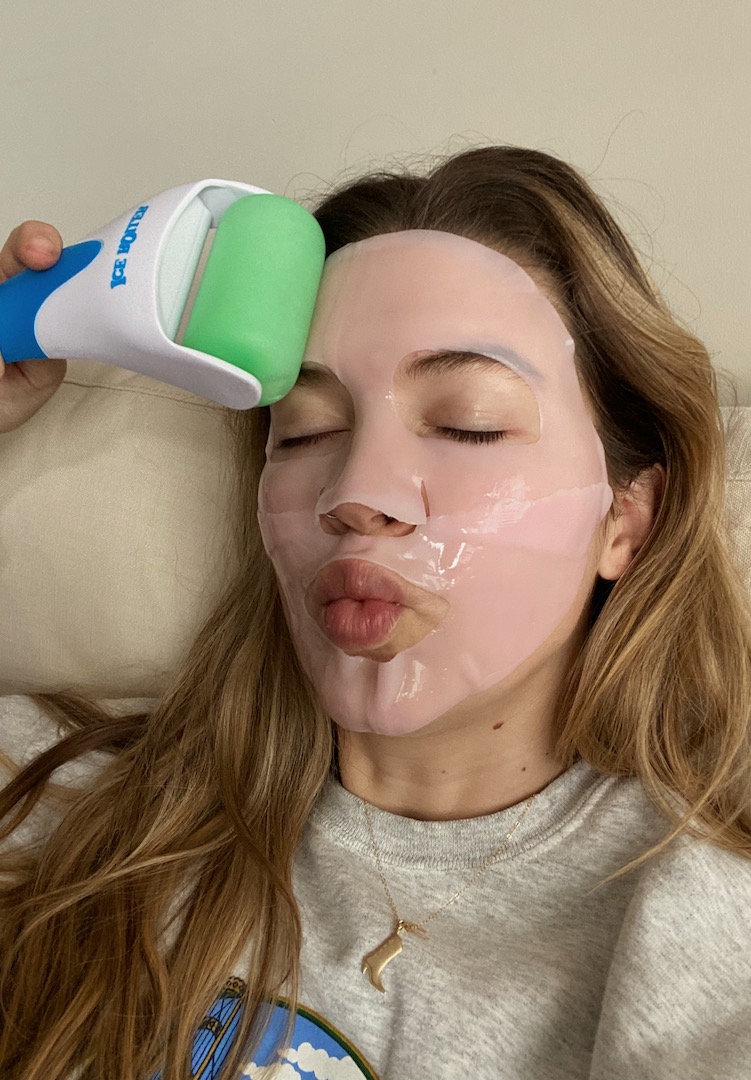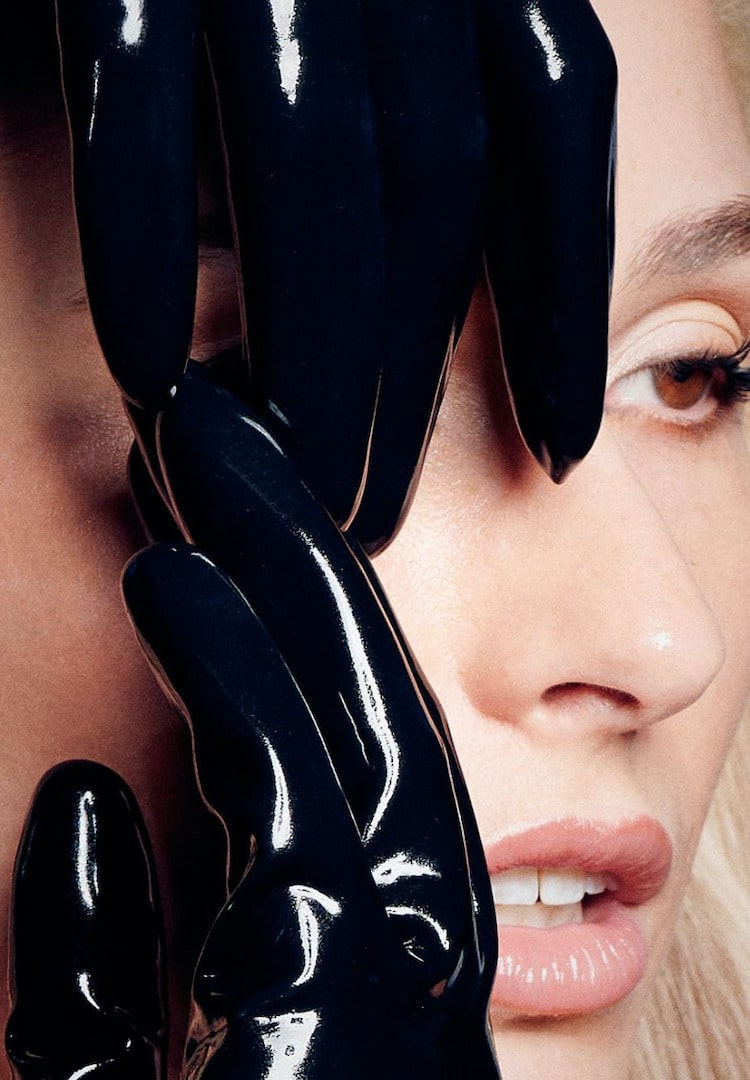Can your vagina become dehydrated?
IMAGE VIA NICO UNDERWEAR
WORDS BY MIA BARNES
“The vagina is constantly one drop of water or wrong pair of underwear away from total meltdown.”
As people with vaginas, we’re no strangers to discomfort down there. From menstruation to endometriosis to polycystic ovarian syndrome, there’s a lot your vagina and uterus can become subject to that makes life uncomfortable.
Vaginal dryness is one such condition. According to gynecologist and obstetrician Dr Javier Saldana, “A dry vagina can be caused by several factors, including hormonal changes, stress, medications, lack of lubrication during sexual activity and lack of hydration.”
For more advice like this, browse through our Life section.
If you’re experiencing symptoms like itching or burning, soreness, frequent urinary tract infections (UTIs) or discomfort during sex, you could have a dehydrated vagina. As someone who’s dealt with the same sensations, here is all you need to know about a dry vagina, from me to you.
Why can a vagina get dry?
Your hormonal birth control or other medications could be messing with your natural balance, you may need more lubrication in daily life or during sex, or you could simply be too stressed. All these aspects can lead to low estrogen levels or an unbalanced pH, which causes vaginal dryness.
You’ve likely experienced discharge at some point in your life, which is the reproductive system’s way of getting rid of bad bacteria and dead cells (fun fact, the vagina is self-cleaning). However, as obstetrician and gynecologist Jen Gunter so aptly puts it, “… the vagina, an internal structure that is capable of… stretching and even tearing… is constantly one drop of water or wrong pair of underwear away from total meltdown.”
Your body needs the right amount of estrogen to produce that discharge and clean you out. Something that alters that level can lead to a dehydrated vagina. Lower estrogen levels can be caused by menopause, childbirth, cancer treatment, birth control or any medication where a hormonal imbalance is a side effect. However, low estrogen isn’t always the cause of a dry vagina.
Here’s a quick explanation if you’ve heard about vaginal pH but don’t know what it means. On the scale of basic to acidic, your vagina must be on the acidic side to kill harmful bacteria. A healthy vaginal pH is between 3.8 and 4.5, but many things can throw this off. Your period will raise your vagina’s pH, making you a bit dryer but external factors like unprotected penetrative sex, lube or harsh soaps can also disrupt your natural balance.
What to do about a dehydrated vagina
Narrowing down the source of your vagina’s dehydration will hopefully help you figure out how to manage it. Here are a few quick tips on how to deal with vaginal dryness.
Talk to a doctor
The easiest solution is to talk to your primary care physician or gynecologist about your case. They’ll be able to interpret the cause of your vaginal dehydration better, as they know all about your medication and sexual history. Additionally, they can prescribe you a treatment plan if your dryness has become so severe that you’re experiencing frequent pain and UTIs.
Drink more water
When was the last time you knew you drank 11.5 cups of water in one day? Water doesn’t just keep you hydrated but also “flush[es] out toxins that may be causing dryness,” according to Dr Saldana. In addition to any medical or home treatments, add water to the mix to eliminate anything that could be drying you out.
Avoid scented soaps
While the ads for Vagisil and Summer’s Eve might be tempting, these products can actually be quite bad for your vaginal health. These and other scented soaps contain harsh chemicals and perfumes that will affect your pH and make your vagina dry. The best thing for cleaning the outside of your vagina is a gentle, unscented soap or body wash. Anything free of dyes, scents or harmful chemicals should be fine.
Also, notice I said these are good for cleaning the outside of your vagina. Using soap inside yourself will disturb your healthy bacteria, leading to infection. Remember – your vagina can clean itself and is not meant to smell like a field of flowers!
Adjust your diet
Dr Saldana says you should eat a balanced diet with enough healthy fats. Proteins like salmon and tofu can be excellent additions to your vagina-healthy diet. Nutritionist Pip Reed says eating a balance of fibre, zinc, omega-3s, pre-and probiotics, B6, magnesium and antioxidants is optimal for balancing your hormones and promoting vaginal hydration.
Practice healthy and safe sex
Whether you’re with one person or have multiple partners, communication is key for a healthy sex life. “When engaging in sexual activity, using a water-based lubricant can help reduce friction and make the experience more comfortable,” says Dr Saldana. However, if water makes you drier, try switching to silicone-based lube. Either way, lubrication ensures a good time for all, both before and after.
Additionally, remember to use a condom when having sex where sperm could be involved. Your body will naturally adjust to a higher pH to accommodate the cells and encourage pregnancy, which is pretty cool, but that can also cause bacterial infection and a dry vagina. Just remember to use condoms whenever possible and always go to the bathroom after.
For more on how you can treat a dehydrated vagina, head here.










